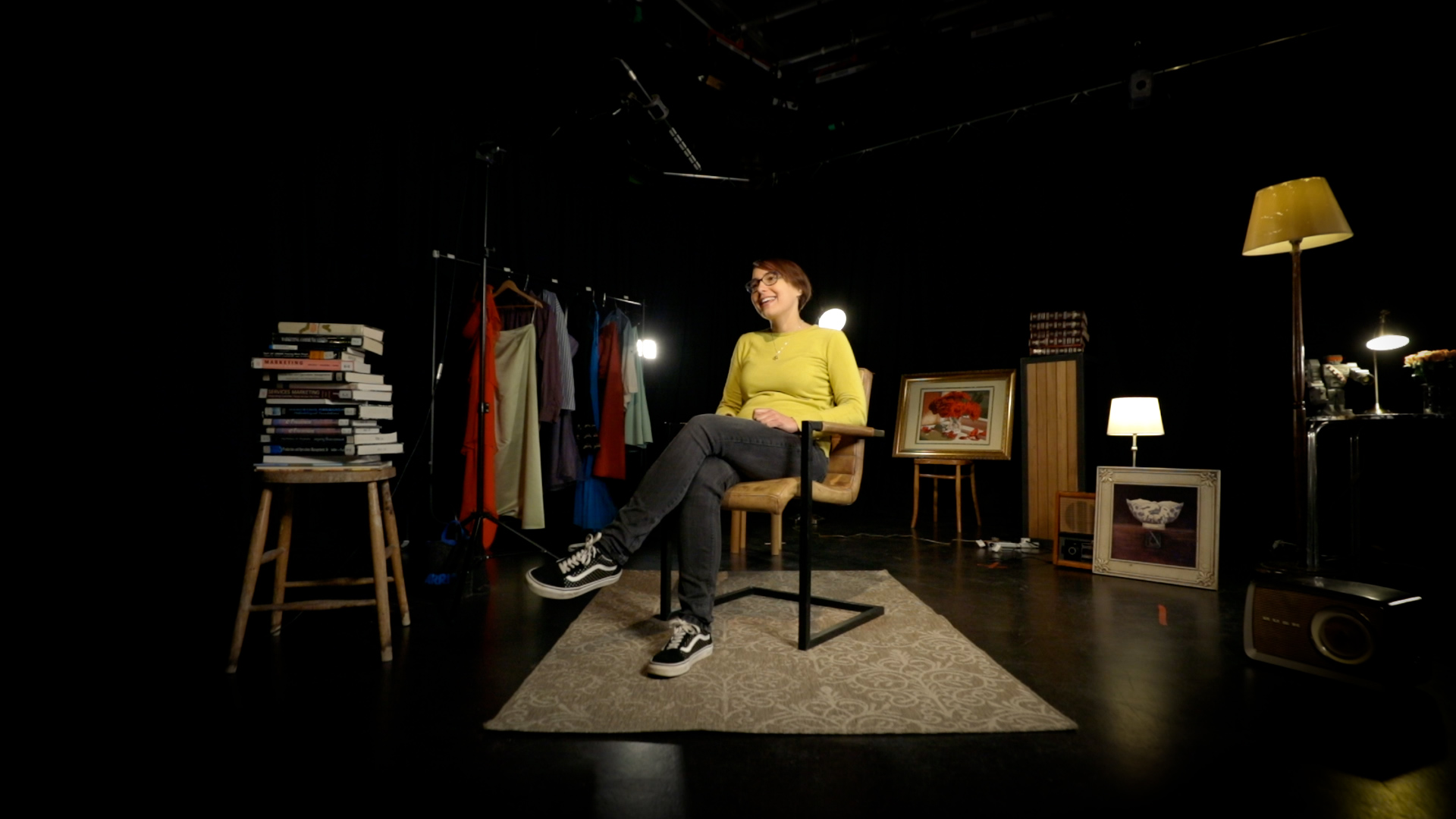In our latest blog from the AUG Student Panel, Anglia Ruskin student, Maryla Hart, tackles the urgent need for adaptation to climate and ecological challenges in the Arc and beyond.
“It has been a privilege to take part in the Arc Universities Group Student Panel.
Before being interviewed for the documentary, we had the opportunity to attend webinars with key thinkers, academics, leaders and politicians from a wide variety of business and disciplinary backgrounds, including science, technology, engineering, planning and local government. We learnt about different visions for the future of the Arc and were directed to reports, for further reading. As an MSc Sustainability student, it has been a great opportunity to cast a critical, systems-thinking view over all I have been exposed to. In this blog post, I lay out my thoughts, visions and concerns for the future of the Oxford to Cambridge Arc.
Register to attend the webinar.
Telling the truth about our current reality
We are living in a climate and ecological emergency. What we do, between now and 2030, in terms of cutting greenhouse gas emissions and regenerating habitats and nature, will define the future of humanity and, the severity of global heating and changing weather patterns to come.
However, climate change is here already, and even if we were to (hypothetically) reach net zero tomorrow, there is a level of climate change already locked in. Other parts of the world are suffering more than the UK, but we are feeling it too. To take a local example from Cambridge City Council’s Climate Change Strategy, “The three most likely effects of climate change for Cambridge include: increases in flood events; water shortages and droughts; and increased summer temperatures. [All of which are already occurring with increasing frequency.] The likely impacts of these changes include decreases in human and non-human health and wellbeing, damage to built and green infrastructure, and increased demand and costs for public services.” Other areas will be similarly affected.
At the start of the Covid pandemic, governments imposed emergency measures; UK lives were transformed as never before in living memory. Covid-19 and other pandemics are here to stay, and society is adapting to this reality. The same cannot be said about environmental threats. Given the severity and urgency of the climate and ecological crisis, and all that is already known about it, I cannot see that any of the plans I have read, or the talks I have heard around the Arc, give me confidence that we are planning adequately for the future, and the magnitude of the challenges we face. It is high time that changed!
What we need – in the Arc – and everywhere in the world
We need mitigation, regeneration and adaptation:
- Mitigation of greenhouse gas emissions and other pollutants urgently now, and going forward
- Regeneration of biodiversity, soils, ecosystems and wildlife habitats. Wildlife corridors are a must; a link that allows wildlife to move freely and safely between different habitats
- Adaptation. Remember – climate change is already here, it is not a question of if it will happen, but how bad will it get? And is it not only a question of preparing to respond to shocks, such as the odd flood, before life goes back to normal. We will be living in a different reality, a different and ever-changing climate. One where heatwaves, water stress, droughts and unpredictable weather are the new normal. A reality where burning fossil fuels will be unacceptably dangerous – and yet we will need to keep cool, hydrated, fed and healthy; a world with ever more competition for resources amongst a growing human population that will be migrating en-mass to remaining habitable regions (including the Arc).
The Arc, and everywhere else, needs the visionary, radical, transformational change required for a just transition to net zero and adaptation to climate change, resource depletion and all that these and other future challenges will bring. This needs long term vision, looking centuries ahead, not just to the next election cycle or next financial year.
We need to start with the worst-case scenario predictions on the bell curve of ecological stress in the Arc region and ask ourselves how we can work on adapting to a good life in those circumstances. What are the constraints to population growth in the Arc? And how should we justly transform our society, – including infrastructure, norms, values and expectations?
I recommend the doughnut economics model and citizens assemblies should be implemented to help ensure justice, fairness and representation of all stakeholders.
The future is not a linear extension of today. Just as the way we live, work, utilise energy and technology and organise our personal and family lives today is not a linear extension of 200 years ago.
Time for some practical examples
We need homes that are warm enough in winter and stay cool in summer. In the UK we have some of the least energy efficient housing stock in Europe. Fuel poverty is on the increase, and we need to cut carbon emissions now. There are existing, proven ways to drastically reduce the need to use energy to heat or cool our homes. Regulations could dictate that all new homes are built to Passivhaus standard, for instance. Government needs to be retrofitting and insulating existing homes now.
Other things to consider, when building new developments
We need housing developments (and other buildings) to be net-zero, and adapted to climate extremes of temperature. We need visionary planning to make developments that will stand the test of time; that will be more efficient and sustainable in their use of resources, both in construction and as lived in dwellings. Developments must have built-in resilience to natural disasters, such as flooding. And, not be built, where it is inappropriate to build them.
We must consider water efficiency, and self-sufficiency; consider making local areas more self-sufficient in their water use (for example rainwater harvesting) , their energy production, their food production . The transformation may involve the most modern solar panels, as well as taking the best from how we used to do things: local allotments, community orchards, large gardens, community composting, larders and cold stores built into houses -rather than energy guzzling American fridge-freezers. The transformation will include new norms and values –watering lawns could become a wasteful heresy, and compost toilets a common, logical way to save water and fertilise our flowers and fruit trees.
Consider our relationship with trees, yes, they sequester carbon, but they also form habitats, provide food, improve soils, give shelter, and cool our cities. They are living beings, that will outlive us several times over given the right care and stewardship. We need long term planning with tree planting too, which species will be best for our future climate, benefit us and biodiversity? And we need to care for trees, throughout their life times, water them when they are young and when heat stressed. Not just plant saplings and leave them to die, as sadly so often happens.
We need long term vision, radical, just, transformational change:Mitigation, regeneration and adaptation – in the Arc, and everywhere.”
To hear more from Maryla and the Student Panel, sign up to attend the webinar on Wednesday 27 April at 2pm.










